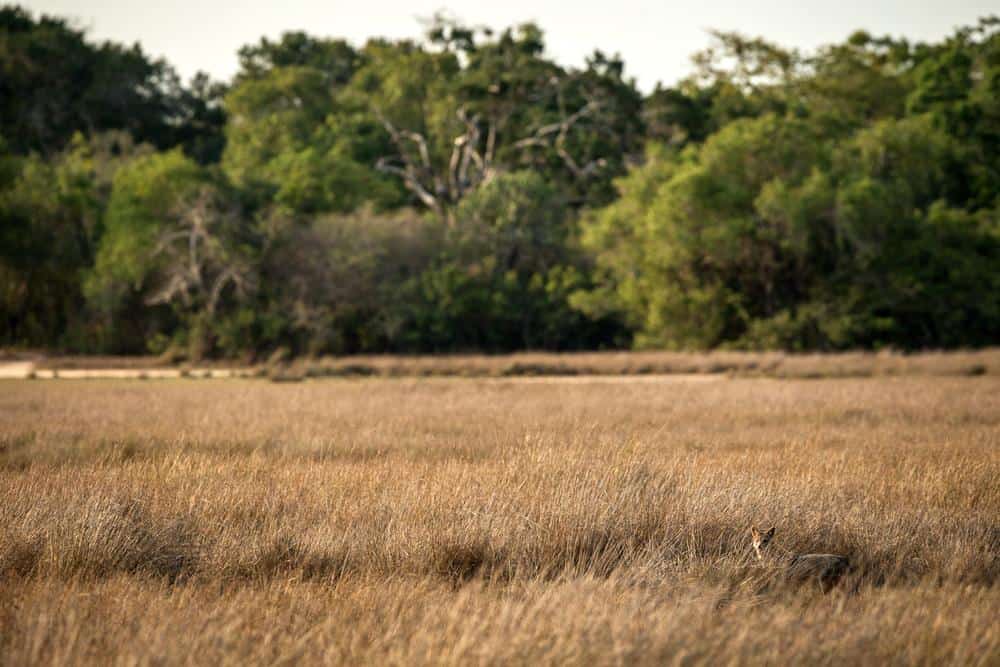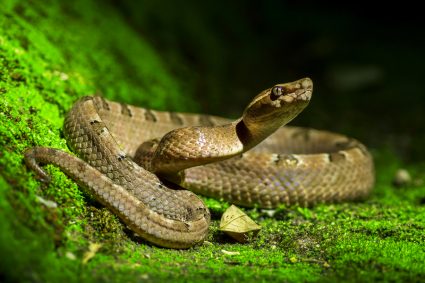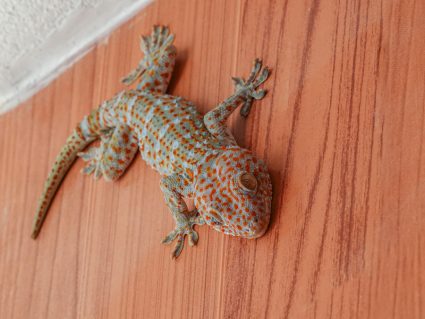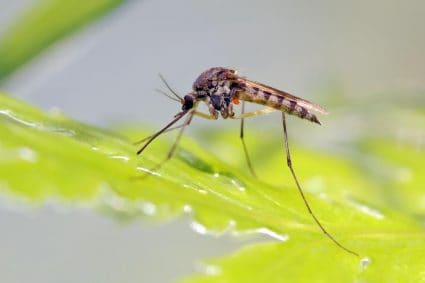
Raccoons are fascinating creatures with their dexterous hands, masked faces, and bushy tails. However, owning a pet raccoon is not as simple as adopting a cat or dog. While they are adorable and intelligent, raccoons are wild animals with specific needs and behaviors that can make them challenging to keep as pets. Moreover, owning a raccoon as a pet is not legal everywhere in the United States. In this article, we will explore the legality of owning raccoons as pets in different states, the requirements for owning one, and the ethical considerations you should take into account.
Raccoons can be legally owned as pets in several U.S. states including Arkansas, Delaware, Florida, Illinois, Indiana, Maine, Michigan, Nebraska, New Jersey, Ohio, Oklahoma, Rhode Island, South Carolina, Texas, West Virginia, Wisconsin, and Wyoming. However, some of these states require special permits or licenses, and specific rules and regulations may apply. Always check with your local government agencies before obtaining a raccoon.
States Where Raccoons Are Legal
Raccoons are legal to keep as pets in the following U.S. states:
- Arkansas
- Delaware
- Florida
- Illinois
- Indiana
- Maine
- Michigan
- Nebraska
- New Jersey
- Ohio
- Oklahoma
- Rhode Island
- South Carolina
- Texas
- West Virginia
- Wisconsin
- Wyoming
However, some states may require a special permit or license before you can keep a raccoon as a pet. For example, in Delaware, it is mandatory to acquire a wildlife rehabilitator permit from the Division of Fish and Wildlife. It is essential to check with your local government agencies and follow the specific rules and regulations in your state before obtaining a raccoon.
Requirements for Owning a Raccoon
In states where raccoon ownership is legal, there may be additional regulations to follow. For instance, in Arkansas, individuals can own up to six captive-born raccoons per household, but they must have proof of legal ownership and purchase the animals from a Commission-permitted Wildlife Breeder/Dealer or obtain a Wildlife Importation Permit. In Florida, a Class III Personal Pet No-Cost Permit is required, and the raccoon must be purchased from a USDA permitted breeder.
It is essential to research your local laws and regulations before attempting to own a raccoon as a pet. In addition to state laws, local city and county jurisdictions may place additional restrictions or require additional permits. Always check with your local authorities to ensure compliance with all applicable laws and regulations.
Penalties for Illegal Ownership
In states where it is illegal to own a raccoon, the penalties and consequences for breaking the law can vary. For example, in California, owning a raccoon is considered a misdemeanor, and penalties include a civil fine ranging from $500 to $10,000, with additional costs for removing the animal and its care. The maximum penalty can be up to six months in jail, a $1,000 fine, or both. However, the specific penalties depend on the circumstances and the severity of the offense. It is important to note that local city and county jurisdictions may also place additional restrictions on owning a raccoon or require additional permits.
Ethical Considerations
Owning a raccoon as a pet raises several ethical considerations, regardless of legality. These include the welfare of the animal, health and safety risks, ethical treatment of wild animals, and the impact on natural ecosystems. Before considering owning a raccoon as a pet, it is essential to weigh these ethical concerns and make an informed decision, taking into account the welfare of the animal, public health and safety, and broader conservation efforts.
In conclusion, while it is legal to own a raccoon as a pet in some states, it is important to consider the legal, practical, and ethical aspects of this decision. Raccoons are wild animals with specific needs and behaviors, and owning one as a pet requires a significant commitment of time, resources, and understanding. Always check your local laws and regulations, consult with professionals, and consider the welfare of the animal before deciding to bring a raccoon into your home.
Frequently Asked Questions
What are some of the specific needs and behaviors of raccoons that can make them challenging to keep as pets?
Raccoons are nocturnal animals, which means they are most active at night. They are also known to be very curious and have a tendency to get into everything, which can lead to damage around the house. Raccoons are omnivores and require a balanced diet of both meat and plant-based food. They also need a lot of space to roam and climb.
Can I keep a raccoon if I found it in the wild?
No, it is generally not recommended, and often illegal, to keep a wild raccoon as a pet. Wild raccoons can carry diseases and may not adapt well to life in captivity. If you find an injured or orphaned raccoon, it is best to contact a local wildlife rehabilitator.
Are there any vaccinations required for pet raccoons?
Yes, pet raccoons should be vaccinated against rabies, distemper, and parvovirus. However, it’s important to note that not all states recognize the validity of a raccoon rabies vaccination, so it’s essential to check your local regulations.
What is the average lifespan of a raccoon in captivity?
In captivity, with proper care, raccoons can live up to 15-20 years. This is significantly longer than their average lifespan in the wild, which is 2-3 years due to threats such as predators, disease, and accidents.
Can raccoons be house-trained like dogs and cats?
While raccoons are intelligent and can learn simple tasks, they are not easily house-trained. They have a natural instinct to dig and forage, which can lead to damage around the house. They also don’t consistently use a litter box like cats.










